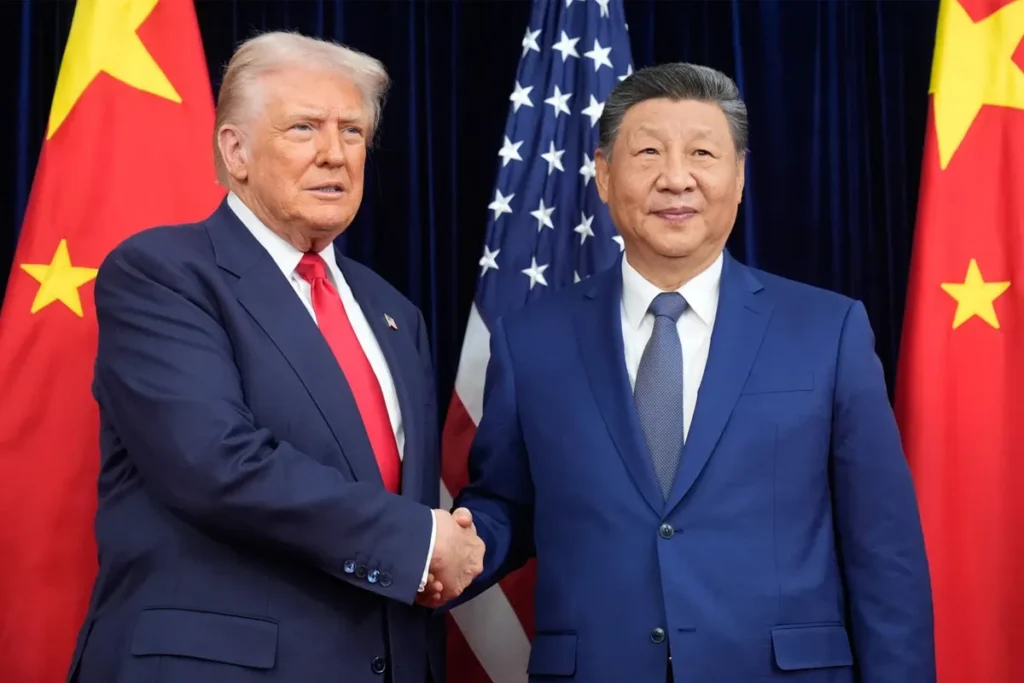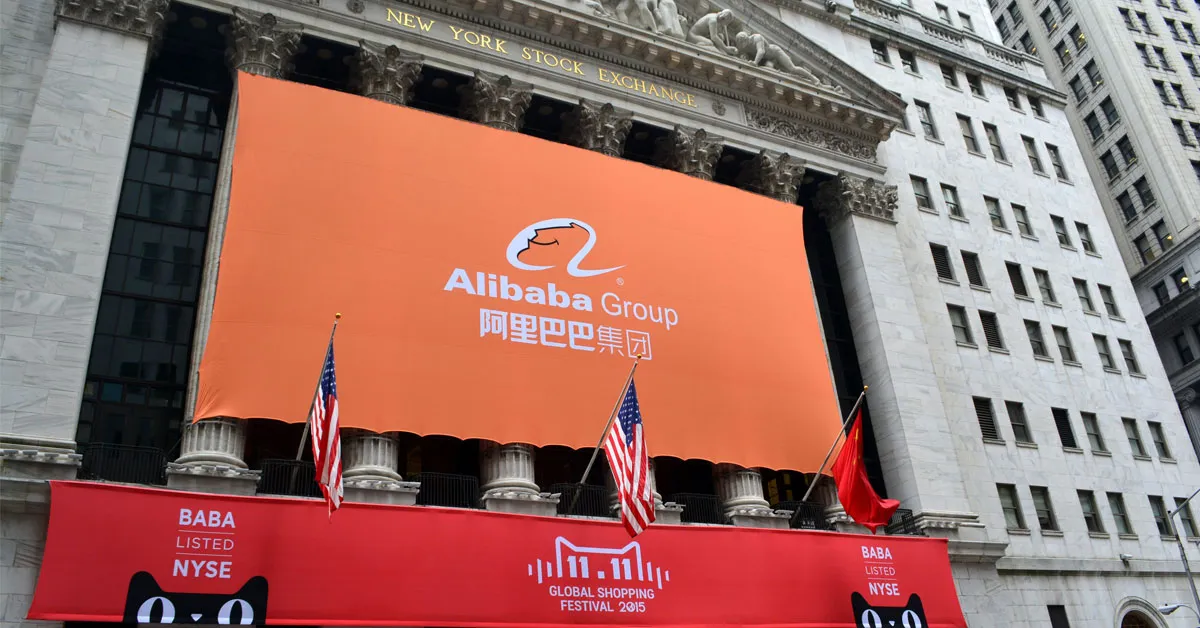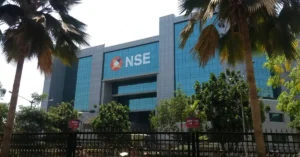A newly surfaced White House national security memo claims Alibaba has provided the Chinese military with technology and data used to support operations targeting the United States, citing declassified intelligence that has heightened concerns in Washington about Beijing’s growing cyber capabilities.
According to the memo, which was shared with the Financial Times, the Chinese tech giant supplied the People’s Liberation Army (PLA) with a range of support, including access to customer data such as IP addresses, WiFi information, payment records, and AI-related services. The document also alleges employees transferred knowledge about unpatched “zero-day” vulnerabilities to the PLA. The FT noted it could not independently verify the intelligence.
Alibaba forcefully rejected the allegations, saying the claims were “complete nonsense” and an attempt to manipulate public opinion against the company. The company did not respond to questions about whether it has ever had a relationship with the PLA.
The memo highlights mounting US anxiety about Chinese cloud and AI services, especially as military operations increasingly rely on networked systems and commercial cloud providers. The Pentagon itself awarded major cloud contracts to US tech firms including Amazon, Google, Microsoft, and Oracle in 2022.
While the memo did not specify which American assets were allegedly targeted, US intelligence agencies have repeatedly warned that China is capable of compromising critical US infrastructure. In a March threat assessment, officials pointed to large-scale campaigns such as “Salt Typhoon” as evidence of the “growing breadth and depth” of China’s cyber operations.
A US official told the FT that the administration “takes these threats very seriously” and continues working to mitigate the risks of cyber intrusions involving untrusted vendors. The White House and CIA declined to comment on the memo itself.
The note, dated November 1, surfaced shortly after President Donald Trump met Chinese President Xi Jinping in South Korea, where they agreed to a one-year truce on trade restrictions. Still, the claims have renewed calls from lawmakers to take action against Alibaba.

Representative John Moolenaar, who leads the House China committee, said the memo aligns with long-standing concerns that Chinese companies remain vulnerable to laws requiring cooperation with Beijing, no matter where they operate. “The federal government and industry must take steps to protect the American people and eliminate Chinese companies’ access to our markets and innovation,” he said.
In May, several lawmakers, including Moolenaar, urged the Securities and Exchange Commission to delist 25 Chinese firms, Alibaba among them, over alleged PLA ties and obligations under China’s “military-civil fusion” strategy.
Dennis Wilder, former head of China analysis at the CIA, said the PLA’s cyber intrusions have reached an “unprecedented” scale, targeting critical US infrastructure across airports, seaports, and transportation hubs. He said the objective is to lay groundwork for “system destruction warfare” in the event of conflict.
General Sir Richard Barrons, who helped draft the UK’s 2025 Strategic Defence Review, said dependence on private tech companies for military technologies has surged globally. “It’s not just that these companies have all the technology and R&D, they have all the money too,” he said.
The Chinese embassy in Washington defended Beijing’s policies, calling the allegations a “complete distortion of facts” and asserting that China strictly protects data privacy and does not compel companies to violate foreign laws.
BABA Stock: Market Reaction
The White House memo had an immediate effect on Alibaba’s U.S.-listed shares, triggering a sharp sell-off as investors priced in renewed regulatory and geopolitical risk. According to Reuters, Alibaba’s NYSE-listed stock fell about 3.6%, dropping to $154.13 in early trading following publication of the allegations.
Across markets, trading volume surged well above the stock’s daily average, reflecting heightened investor anxiety that the allegations could affect Alibaba’s access to U.S. capital markets or trigger further regulatory actions. While the stock stabilised afterward, analysts say the episode highlights how sensitive Chinese technology giants remain to political and security developments in Washington.






